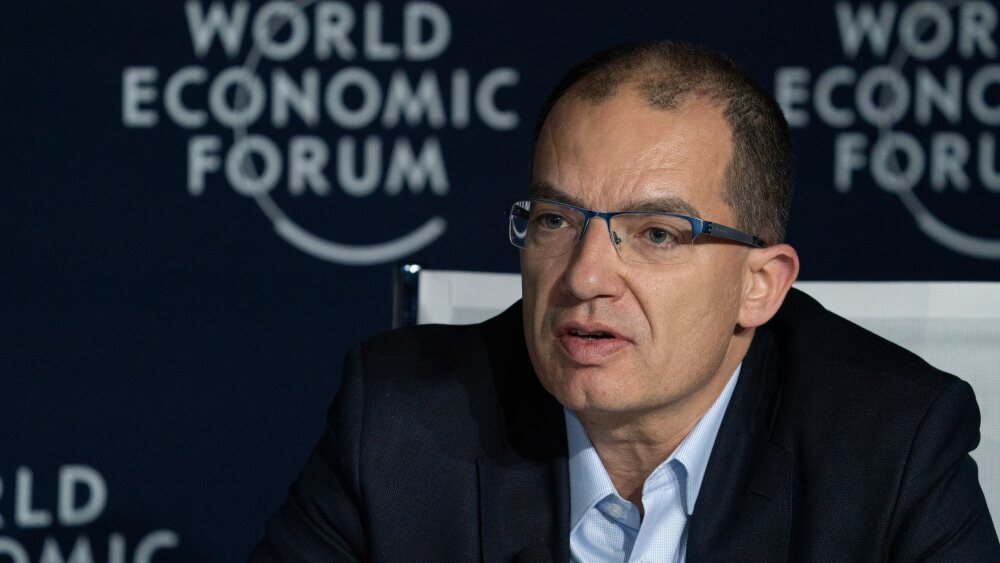After a major shareholder pushed back, Keros is returning half of its capital to investors in a move that Guggenheim analysts called “a positive step forward.”
A little over a week after Keros Therapeutics cut staff and pared back work on its former lead asset cibotercept on the revelation of a safety signal, the company is now giving back investors $375 million—about half of its capital.
Investors may have preferred that all the cash—about $720 million as of the end of the first quarter—be returned, but the decision is at least a step in the right direction, analysts at Guggenheim said in a Monday morning note.
The decision caps off a tumultuous period for investors. The Massachusetts biotech announced a strategic review in April that could include a sale, business combination, continued investment in the pipeline or return of capital to shareholders. In response, the biotech’s largest shareholder, ADAR1 Capital Management, sparked a revolt, urging the company to abandon all of its medicines but elritercept that was licensed to Takeda in December 2024. ADAR1 argued that the drug could achieve peak sales of $2 billion, while the other two assets—cibotercept and KER-065—had shown “alarming clinical results.” The firm urged shareholders to vote down members of Keros’ board who were up for re-election and asked the company to restructure and return capital to shareholders.
The situation escalated at the end of May after a safety signal arose in the Phase II trial of cibotercept for patients with pulmonary arterial hypertension (PAH). At the time, the PAH program was eliminated and 45% of staff were let go. Keros pledged to review further development—if any—of cibotercept.
On Friday, the effort to vote down the board members failed at Keros’ annual general meeting. The company followed up Monday with the announced plan to return capital to shareholders, which concludes the strategic review. The board will announce the specifics of the capital return at a later date.
Development of KER-065 for neuromuscular diseases will continue, with an initial focus on Duchenne muscular dystrophy, according to the board’s lead independent director, Jean-Jacques Bienaimé.
“This reflects a thorough review of our capital requirements, feedback from our stockholders, and our confidence in the potential for Keros to provide meaningful and potentially disease-modifying benefits to patients,” Bienaimé said in a statement.
Guggenheim shrugged off the decision to shift the spotlight to KER-065, “to which we currently do not attribute any revenue in our company model.” The company had been expected to start a Phase II trial in DMD in the first quarter of 2026, according to a May 7note from Guggenheim .
Keros still has future revenue opportunity from the activin receptor type IIA (ActRIIA) fusion protein elritercept, which Takeda licensed for development in myelodysplastic syndromes and myelofibrosis. The deal gave Keros $200 million through an upfront payment, which was recorded in the first quarter of this year, according to a company earnings release. The partnership also includes $1.1 billion in milestones and royalties.
Keros’ shares have declined 70% in the past year from a peak of $70 to $14.37 as of Monday morning.






